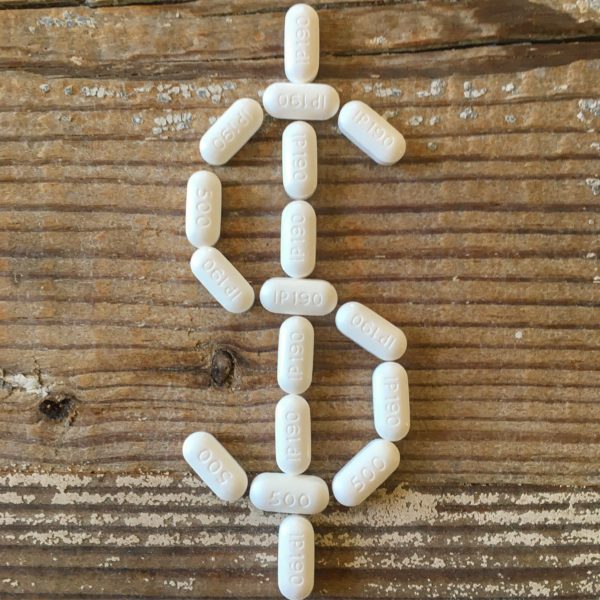Governor Earl Ray Tomblin and the West Virginia Attorney General’s office announced settlements with two of the country’s largest prescription drug distributors on January 9, 2017. Drug distributors Cardinal Health and AmerisourceBergen have agreed to pay $20 million and $16 million, respectively, to resolve allegations that the companies did not report, as required by law, suspicious drug orders in West Virginia from 2007 to 2012, while at the same time flooding the state with prescription painkillers. These latest settlements come on the heels of a $3.5 million settlement with drug distributor H.D. Smith announced January 3, 2017. The recent settlements are the largest in a series of cases originally filed in 2012 by former West Virginia Attorney General Darrell McGraw against more than a dozen prescription drug distributors. With the addition of these three settlements, West Virginia has received over $47 million from twelve separate drug distributors. The funds will go to substance abuse prevention and drug treatment programs.
The case was filed in response to the prescription drug epidemic that has plagued the country and hit West Virginia particularly hard. The Charleston Gazette-Mail has led the investigation into the cases and by virtue of fighting the drug companies to unseal court records discovered that between 2007 and 2012, over 780 million oxycodone and hydrocodone pills were shipped to West Virginia, or 421 pills for each person living in the state. During this same time period 1,728 West Virginia residents died from overdoses involving just those two painkillers.
Coal country of southern West Virginia, which has the highest rate of prescription overdose death in the country, was hit particularly hard as a disproportionate amount of the 780 million pills were sent to that region. Small coal mining towns such as Kermit, West Virginia, population 406, were the epicenter of the painkiller flood. The drug companies shipped nearly 9 million highly addictive — and potentially lethal — hydrocodone pills over two years to a single pharmacy in Kermit. Yet, the companies did not find sending nine million pills to a four hundred person town alarming enough to alert authorities. Instead, they just kept making money by feeding addictions.
Under West Virginia law, drug distributors are required to notify the West Virginia Board of Pharmacy if they receive suspicious, high quantity or high frequency prescription orders from pharmacies. Over a ten year period, the drug distributors did not notify the Board of Pharmacy of any suspicious orders. Meanwhile the distributors made billions of dollars flooding West Virginia with over three-quarters of a billion pain pills.
Along with other major drug distributor McKesson (who has not settled the pending lawsuit against it) Cardinal Health and AmerisourceBergen (collectively known as “the big three” of drug distributors) shipped 423 million pain pills to West Virginia between 2007 and 2012. During this same time period, the three companies earned a combined $17 billion in net income. The profits reaped from feeding addicts unsurprisingly went all the way to the top of the companies. Over the past four years, the CEOs of McKesson, Cardinal Health and AmerisourceBergen collectively received salaries and other compensation of more than $450 million. In 2015 alone, McKesson’s CEO collected compensation worth $89 million.
Despite paying over $40 million collectively, the drug distributors continue to deny the allegations and deny any wrongdoing.
Previous drug distributors that have settled allegations in the series of cases are Miami-Luken ($2.5 million), Anda Inc. ($1,865,250), The Harvard Drug Group ($1 million), Associated Pharmacies ($850,000), J.M. Smith Corporation ($400,000), KeySource Medical Inc ($250,000), Quest Pharmaceuticals ($250,000), Top Rx ($200,000) and Masters Pharmaceutical LLC ($200,000).
West Virginia does not have a state False Claims Act statute. However many states, such as Georgia, Florida and California, do have state False Claims Act laws. Further, prescribing medically unnecessary prescription drugs to federal health care beneficiaries is actionable under the federal False Claims Act. The federal False Claims Act and state False Claims Acts allow whistleblowers with knowledge of fraud against the government to bring a case on behalf of the United States and share in any recovery.
To read the full Charleston Gazette-Mail series “Painkiller Profiteers,” click here






Talk with an Expert
Frohsin Barger & Walthall
Call 205.933.4006 or
Send us a Message